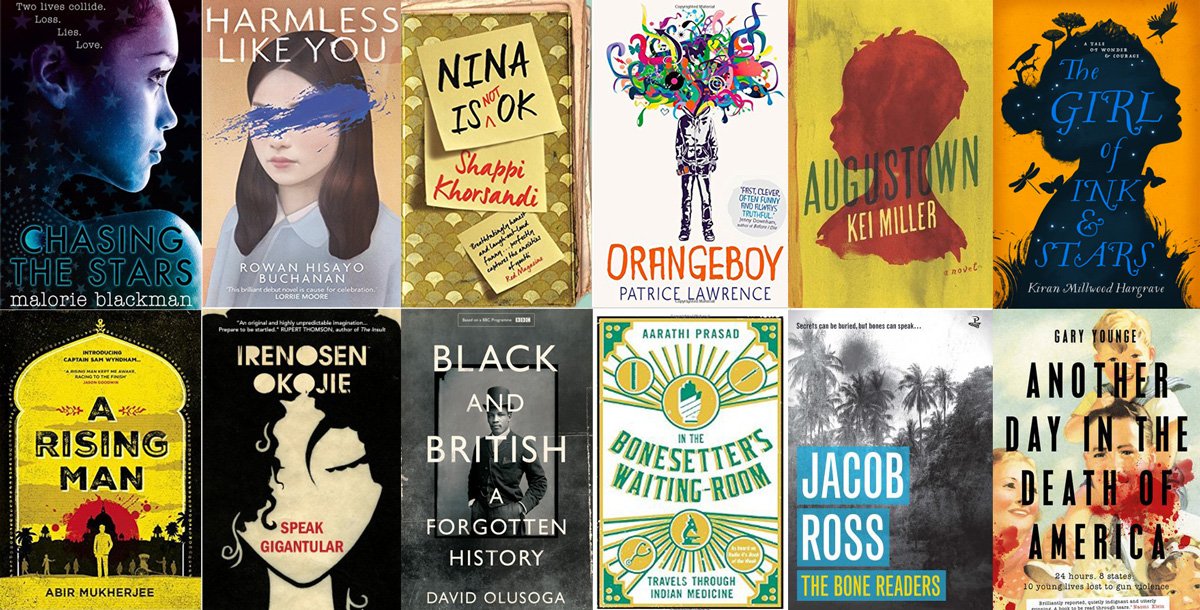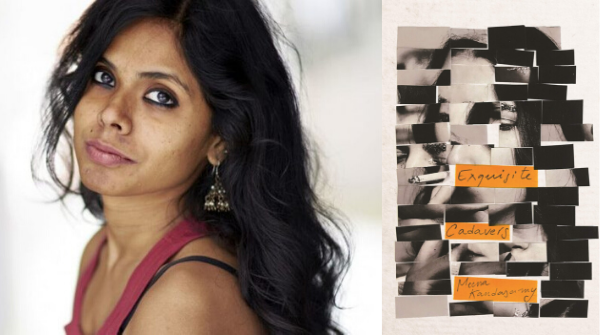Just So You Know, a collection of essays by underrepresented writers from Wales, instantly transports you to a world different to your own. Edited by Hanan Issa, Durre Shahwar and Ozgur Uyanik and published by Parthian Books, the book features original essays of experience from talented new voices.
A young woman weaves her experience of abuse into the folklore of her ancestors. A student addresses his OCD by writing letters to it. A Paralympic medallist reflects upon his journey into a challenging new lifestyle. From language politics to neurodivergence, cultural heritage to sexual identity, from immigration to race, these are insights shared with great care, sincerity, and often humour.
~ Just So You Know, blurb
The variety of work is wide-ranging and expansive, exploring issues of race and class, mental health and sexual identity. The writing is crisp and honest as if writers are revealing their most secrets thoughts or partaking in a confession.
Asian writers Ranjit Saimbi and Nasia Sarwar-Skuse essays feature in the collection. Saimba’s essay ‘A Reluctant Self’ is an exploration of navigating two worlds which are often at odds with one another. Saimba writes poignantly about trying to master a language that is alien to you, praying in a language that you don’t understand, learning to follow the ‘rules’ of holy places and the consequences of when you fail to follow those rules.
These are all issues, Saimba says, that he has been thinking about for a long time; to make sense of his own reluctance to engage with religious ceremonies or rituals. Writing a piece for the anthology was a chance to put down his thoughts on paper.
“I do think that the voice of cultural ambivalence, shall we say, is one that has persisted in a lot of Asian Diaspora literature,” he says. “I felt confident that my voice was a part of this tradition.” He cites examples from the stage to the page, East is East and The Namesake. He hopes that his essay demonstrates that identity and cultural heritage are “not a straight forward mapping from parent to child ad infinitum – all of this does not happen in a vacuum, and even the most ardently kept traditions are enforced by individuals, not some magical cultural force that springs from nowhere.”
Of the writing process, Saimba admits the challenge was “to accurately express the contours of my experience, without appearing glib or dismissive of my cultural heritage. It certainly wasn’t my intention to needlessly offend, and I was aware of a dynamic in which my words could be wilfully misinterpreted.”
There’s a refreshing honesty to Saimba’s writing which is sometimes overlooked: the complexity of identity itself, of knowing you’re made up of component parts, some of which you are only too happy to hold on to, while others you feel no affinity to. For example, while the religious-cultural practices aren’t his cup of tea, Saimba says, he does strongly identify with his heritage and family’s personal history as a Ugandan Asian. “It is a real success story that this group of people were able to thrive in Britain amidst serious hardship,” he says. “I would certainly want to write about this in the future, in some form – perhaps fiction.”
Nasia Sarwar-Skuse’s ‘Belonging’ finishes the collection. It is a brave piece which explores her experience of being a victim of racial abuse and the displacement which followed. It makes for uncomfortable reading but is sadly unsurprising given the polarising politics of Brexit.
Sarwar-Skuse explores the concept of belonging and her experiences of being ‘othered’. “For me writing is not only the way in which I make sense of the world around me, but also a form of activism. It didn’t feel as if it were something personal because the diasporic sense of displacement and the search for identity is common, and sadly, my experience of racism is not unique.”
Unlike Saimba, she says she found herself writing about things that she hadn’t given much thought to for a while, such as the stories that her mother told her, and her childhood experiences which shaped her. “For me it is important to stop every now and again and remember the past, to evoke a sense of nostalgia, to look again at my experiences with a fresh eye, and to ask myself: who am I, where do I belong?”
I wonder if it’s because stories such as these, which sit at the intersections, are so often missing from collections that seek to amplify marginalised voices, that make this for a remarkable, unforgettable read. Each and every essay you is powerful and beams off each other’s magic. And that makes it all the more baffling that such voices are hidden from view or absent on our bookshelves, voices that grip you from the very first line, that have a sense of urgency and longing to be heard. To ignore them would be a mistake.


